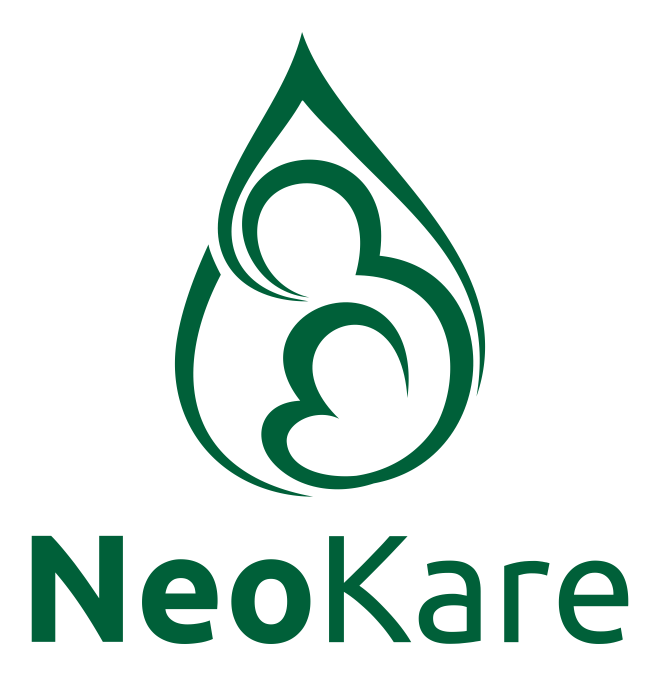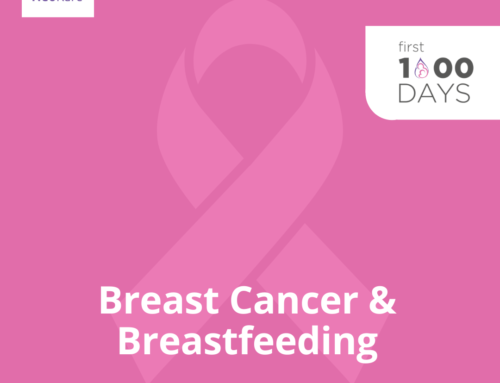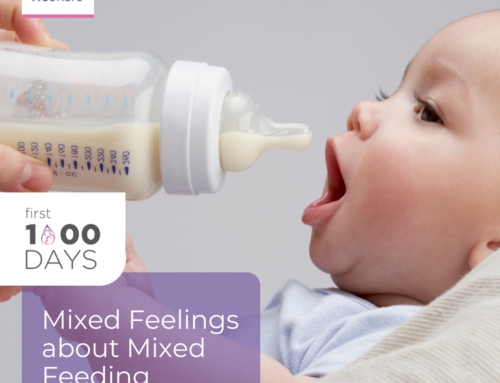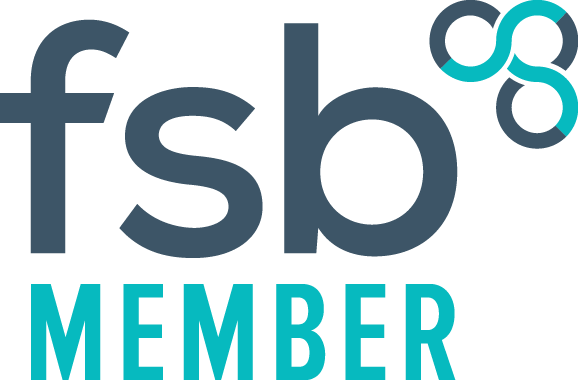
Breast milk is the primary and best source of nutrition for the babies. It provides the necessary nutrients and other compounds that help in the overall growth and development of the baby. However, in some cases breast milk alone may not meet the high nutritional needs of the babies, for instance, preterm babies. These babies are at increased risk of poor growth and development among many other complications such as infections, anemia, and osteopenia. It is also difficult for preterm babies to consume excess breast milk due to their underdeveloped condition. To address these problems, many studies have recommended supplementing breast milk with additional nutrients using breast milk fortifiers. In this blog, we will explore the science behind breast milk fortifiers and how they can improve the nutritional condition of preterm babies.
What are breast milk fortifiers?
Breast milk fortifiers also known as breast milk supplements are highly concentrated multi-nutrient additives that are added to a mother’s breast milk to supplement the deficiency of breast milk nutrition. These fortifiers ensure that premature babies are provided with sufficient nutrients for their underdeveloped stages. These are usually available in the form of powders or liquid and are recommended to mix with the mother’s milk before feeding the baby.
The components and the benefits of these fortifiers are as follows:
1. Proteins
Proteins are the building blocks of the body and are crucial in the development of tissues, organs, enzymes, hormones, and also antibodies. In the case of preterm babies, these protein requirements are higher when compared to normal ones.
Benefits: Fortifiers provide extra protein when combined with breast milk. This will support the baby to catch up with their growth and development, especially their brains and muscles.
2. Calcium and phosphorus
Calcium and phosphorus are two key minerals that aid in the formation and development of bones and teeth. Babies born before their gestation period have lower bone mineral content and are more likely to be affected by osteopenia. This condition is characterized by low bone density which increases the risk of fractures.
Benefits: Breast milk fortifiers will provide excess calcium and phosphorus to improve bone density and reduce the risk of fractures in preterm babies.
3. Vitamins
Vitamins are organic compounds that play an important role in the metabolic activities of the body. Preterm babies usually suffer from a deficiency of key vitamins such as vitamin D, vitamin A, and Vitamin E. This results in insufficient placental transfer, low maternal intake, or increased losses.
Benefits: The human milk-based fortifiers provide extra vitamins to prevent deficiencies and other complications associated with vitamin deficiency such as rickets, eye problems, and oxidative stress in the long run.
However, it is important to note that not all the fortifiers are similar. Different types of fortifiers and methods of fortification may have different nutritional effects on the babies based on the components. Three main types of fortifiers are:
- Standard fortifiers – based on cow’s milk
- Individualized fortifiers – tailored to the individual infants
- Human milk-derived fortifiers – derived from human milk, have a lower risk of allergic reactions, infections, or metabolic disturbances compared to cow’s milk-based fortifiers.
Practical tips for the parents and health care professionals involved in taking care of preterm infants
- Start breastfeeding as soon as possible after the birth. Breast milk is the best source of nutrition and provides immune protection, hormonal regulation, and emotional bonding.
Actively seek advice from a neonatologist or a dietician about the need for fortification for your preterm infant.
- Regularly monitor the growth and development of the baby and adjust the fortification accordingly. Consult a doctor to understand when to stop using fortifiers.
- Methods like kangaroo care, skin contact, and responsive feeding are proven to improve the physical and mental stability of the baby. So encourage these methods for the emotional well-being of your child.
Conclusion
Overall, breast milk fortifiers are important in optimizing the nutritional needs of the preterm baby. These fortifiers provide extra protein, calcium, phosphorus, and vitamins to the breast milk, which are proven to improve the growth and development of the baby. However, it is important to understand various breast milk fortifiers and choose the right one for your preterm baby. Neokare, a leading human milk fortifier manufacturing company offers evidence-based fortifiers that are 100% derived from human milk to provide a risk-free development for your baby. It is important to understand that these fortifiers are only designed to help preterm babies and should be normalized for their incredible benefits.











Leave A Comment